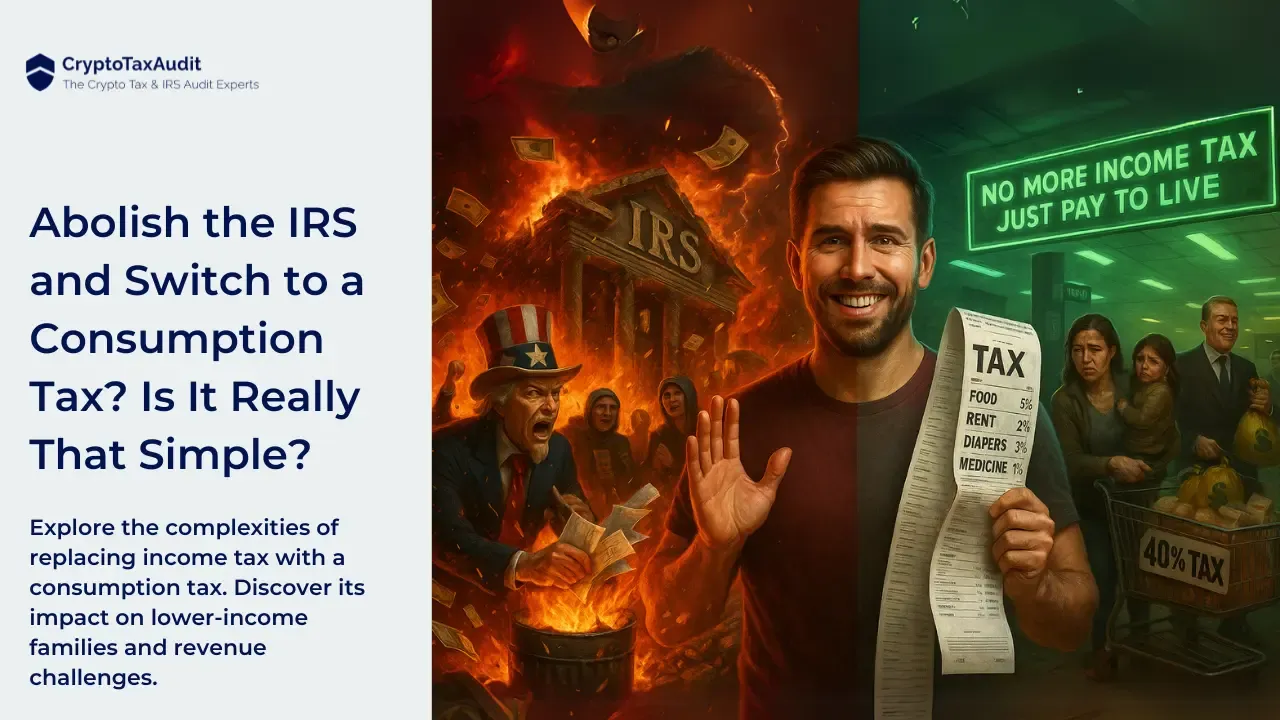
Crypto tax experts Clinton Donnelly and Andrew Gordon discuss the proposed IRS ruling on taxing NFTs (Non-Fungible Tokens) at a higher 28% long-term capital gains rate as collectibles. They delve into the complexities of defining NFTs as collectibles and the potential implications for NFT traders. (TCDS-16)
Treating NFTs as collectibles.
Clinton Donnelly, president and founder of CryptoTaxAudit, and Andrew B. Gordon, CPA, Esq., and Managing Partner of Gordon Law Group, recently discussed the hot topic of NFT taxation. They discussed the newly proposed IRS ruling on taxing NFTs (Non-Fungible Tokens) at a higher 28% long-term capital gains rate as collectibles. The potential implications of this ruling have sent shockwaves through the NFT community, and the experts shed light on the complexities and uncertainties surrounding the issue.
The IRS notice.
The IRS issued Notice 2023-27, seeking public opinions on whether NFTs should be taxed as collectibles. Currently, collectibles are subject to a higher capital gains rate of 28% compared to the standard long-term capital gains rate of 15% to 20%. This proposal has raised concerns among NFT traders, especially those who hold large NFT collections for over a year.
Clinton highlights a past example involving presidential candidate John Kerry, who faced scrutiny for incorrectly reporting a 17th-century painting's capital gains tax, and later amended his tax return.
Andrew, an attorney and CPA with extensive experience in crypto tax matters, acknowledged the importance of the IRS seeking public input before making a decision. He points out that the issue of NFT taxation has lacked clarity since the inception of NFTs in 2014, with practitioners struggling to determine the appropriate tax treatment. While many have reported NFTs using the general capital gains rate, there are valid arguments for certain NFTs to be considered collectibles.
Are NFTs works of art?
The conversation delved into the challenges of determining whether NFTs can be classified as works of art or tangible personal property, as per the IRS's current definition of collectibles. Since NFTs primarily represent digital files, Andrew raised concerns about applying the collectibles rule to intangible assets, including NFTs. He emphasized the subjectivity involved in defining NFTs as collectibles, given the vast diversity of NFT projects and their underlying assets.
Clinton and Andrew discussed the ambiguous nature of NFT ownership rights, which further complicates the tax classification. Unlike traditional collectibles, NFT ownership may entail restrictions on commercialization and ongoing royalty payments to original artists.
Are NFTs tangible assets?
The IRS's proposed examples of NFTs pointing to tangible assets, such as gems or virtual land, are viewed as extreme cases that don't address the majority of NFT use cases involving digital art. The lack of precedent and case law in this area adds to the uncertainty surrounding NFT taxation.
Both experts encourage NFT traders not to panic and recommend seeking professional advice to navigate the complexities of filing taxes on NFT transactions. They express hope that the IRS will carefully consider feedback from practitioners and the community before issuing any definitive guidance.
Conclusion.
In conclusion, the debate over taxing NFTs as collectibles remains uncertain and raises significant questions about the classification of digital art in the tax code. As the NFT space continues to evolve, it calls for updated and clearer regulations to address the unique challenges posed by this innovative form of ownership and artistic expression.
The full interview.
View the full interview on The Clinton Donnelly Show.
DISCLAIMER: Opinions and perspectives of the author, host, and guests. It should not be construed as U.S. taxpayer advice. There are often multiple interpretations of tax law. Various strategies may be suited to specific individuals and for particular situations. Seek out professional tax, legal, or financial advice from CryptoTaxAudit or from other reputable companies.




